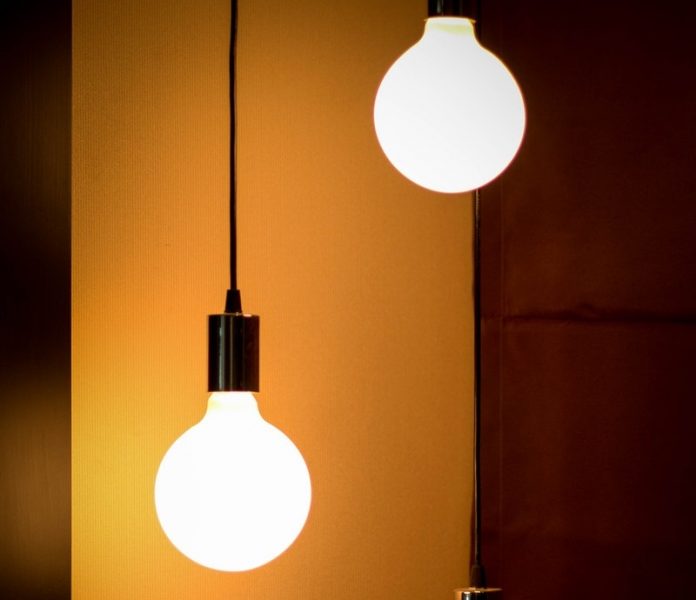
Extended exposure to light during nighttime can have negative consequences for human health.
In a new study from the University of Tsukuba, researchers found a new type of light with reduced consequences for physiological changes during sleep.
They compared the effects of light-emitting diodes (LEDs), which have been widely adopted for their energy-saving properties, with organic light-emitting diodes (OLEDs) on physical processes that occur during sleep.
Polychromatic (or multicolored) white LEDs emit a large amount of blue light, which has been linked with many negative health effects, including metabolic health.
In contrast, OLEDs emit polychromatic white light that contains less blue light.
In the study, the team hypothesized that compared with LEDs, OLED exposure would have a reduced effect on sleep architecture and energy metabolism, similar to that of dim light.
They exposed 10 men to LED, OLED, or dim light for four hours before they slept. The researchers then measured energy expenditure, core body temperature, fat oxidation, and melatonin levels during sleep.
The results confirmed part of their hypothesis. Energy expenditure and core body temperature during sleep were strongly decreased after OLED exposure.
Furthermore, fat oxidation during sleep was much lower after exposure to LED compared with OLED.
The team also found that the effect of melatonin activity on energy metabolism varies depending on the type of light exposure.
These findings suggest that specific types of light exposure may influence weight gain, along with other changes.
Many occupations and activities involve exposure to artificial light before sleep.
New information about the effects of different kinds of light on physical processes may facilitate the selection of alternative light sources to mitigate the negative consequences of light exposure at night.
Furthermore, these findings advance the knowledge regarding the role of light in energy metabolism during sleep.
If you care about sleep, please read studies about widely used painkillers may harm your heart, kidneys, sleep and bodyweight and findings of this noise could boost your memory function and improve deep sleep.
For more information about sleep and your health, please see recent studies about this sleep pill can prevent kidney damage in obesity with diabetes and results showing that this sleep problem common in people with memory problems.
The study is published in Scientific Reports. One author of the study is Professor Kumpei Tokuyama.
Copyright © 2021 Knowridge Science Report. All rights reserved.



